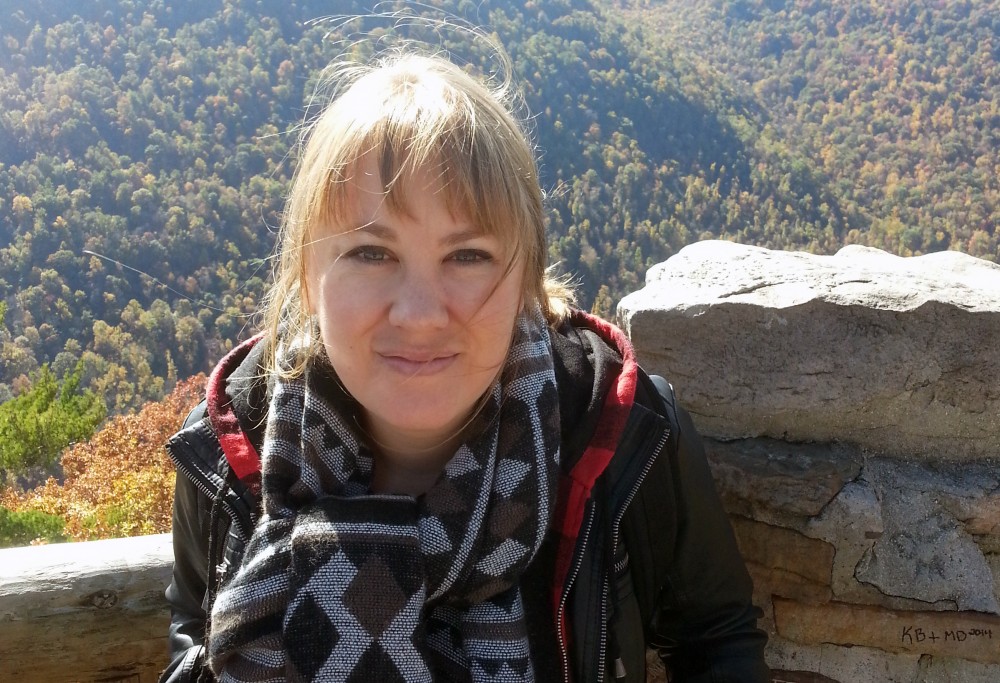And as the world continues to warm, such measures of so-called morbidity and mortality are likely to become more prevalent.
Kate Weinberger, a Voss Postdoctoral Fellow and epidemiologist, wants to quantify this increase. Here in Rhode Island, Weinberger is working with the state's Department of Health to evaluate the relationship between heat and poor health outcomes. She then uses climate models to project what these numbers might look like in the not-too-distant future.

"How many more heat-related deaths could we see in 2050 or 2090, if temperatures increase by x degrees?," Weinberger asks. "And what does that mean for local health departments and policymakers?"
Other IBES affiliates, including Weinberger's mentor, Associate Professor of Epidemiology Gregory Wellenius, and graduate affiliate Samantha Kingsley, have long been exploring similar questions surrounding the public health implications of climate change; however, their research has focused mainly on temperatures only observed in New England between April and October.
But as Weinberger explains, the future forecast may be more complex than that. She is now building on the group's former work by probing the effects of a full spectrum of temperatures.
"Cold temperatures are also related to illness and death," she says, noting that as the world warms, colder temperatures will necessarily occur less frequently. "So as you look to the future," she asks, "will the increases in heat-related illness and death be at least partially offset by decreases in cold-related illness and death?"
The answer appears to be ‘no'... or, at least, ‘not enough'. Weinberger and her group have found that, despite predicting relatively fewer cold-related emergency department visits in the future, the rapid and dramatic warming forecasted for benchmark years like 2050 and 2090 is likely to overwhelm any modest gains in health outcomes afforded by fewer cold days.

In the face of such predictions, how can leaders ensure the best possible health for their citizens?
Communication protocols like heat warnings and advisories play an enormous role in maintaining safe conditions for today's city residents; these policies will only become more vital in the coming decades. Weinberger herself hopes to extend her research into determining the effectiveness of current policies, as well as identifying the factors that improve or worsen their efficacy. In the long term, she hopes that her research will enable cities to optimize their weather response plans and, ultimately, to foster better public health.
At a place like the Institute, Weinberger feels confident about expanding her project in this direction. "What's incredible about IBES is the freedom to pursue truly interdisciplinary research projects, and the access to intellectual resources to support those projects" she says.
"What interests me is, how can I ask questions that are scientifically interesting and valuable but that can also inform a policy conversation?" she adds. "That's the goal for me."